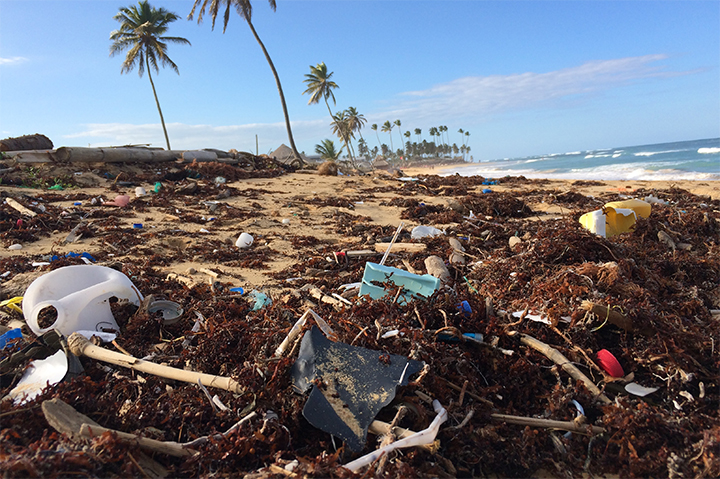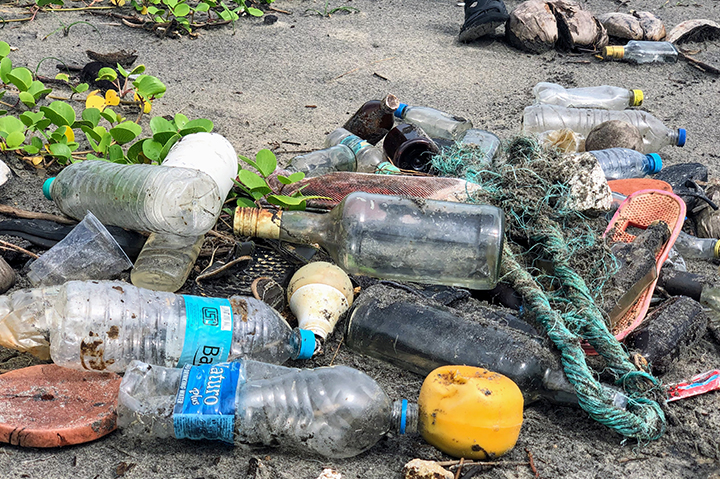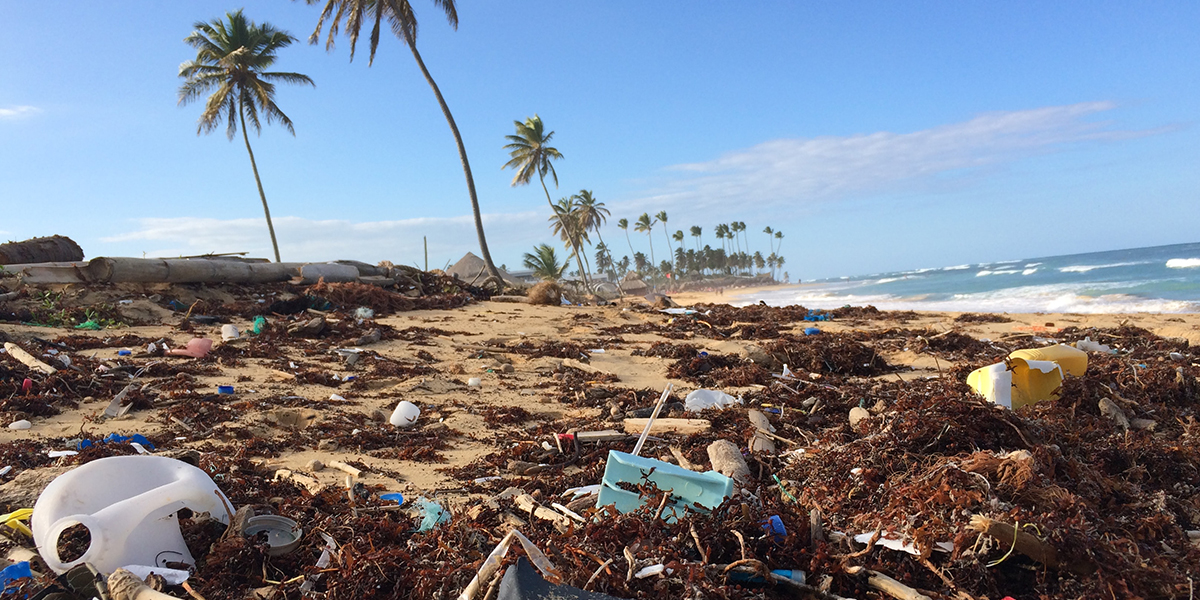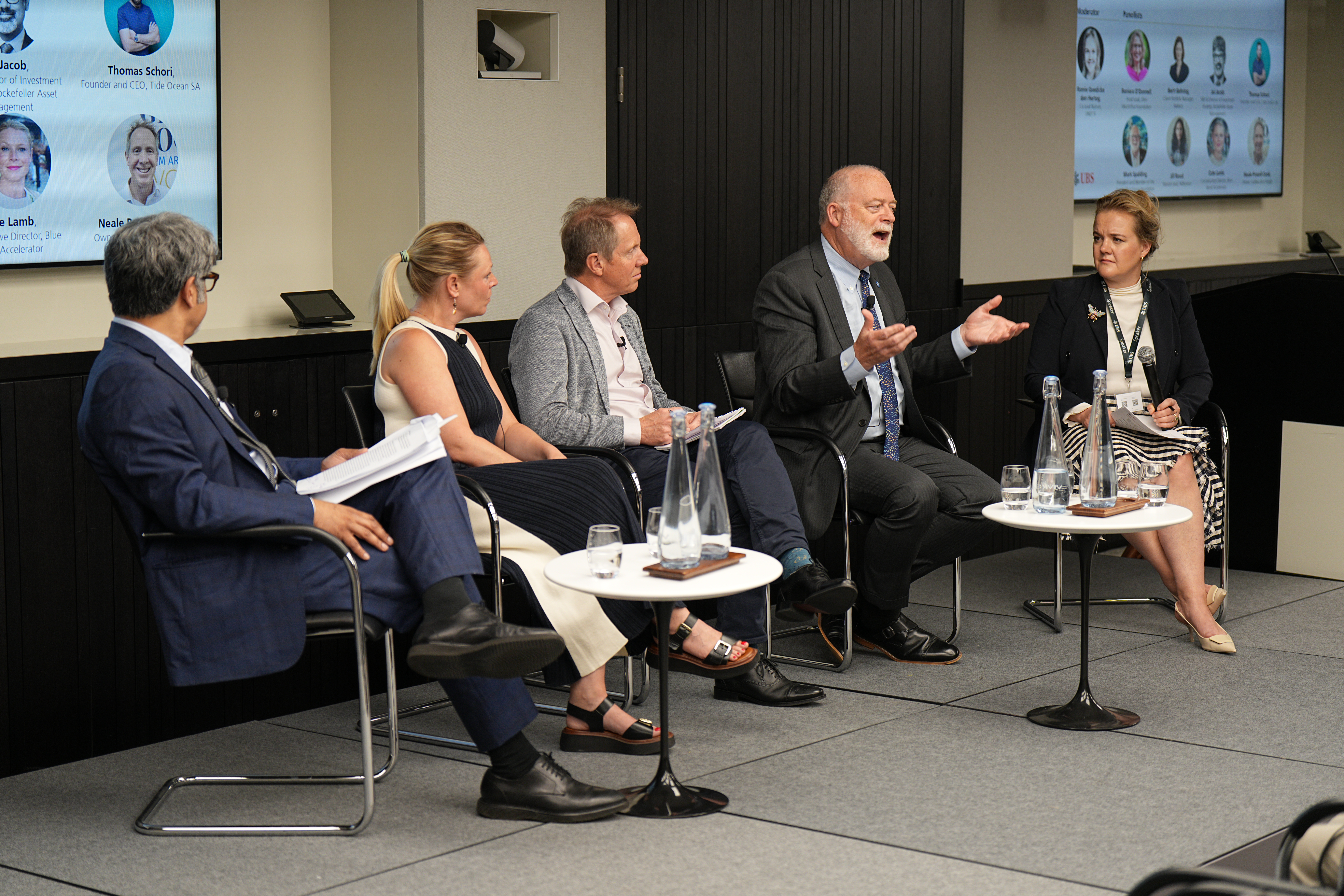As part of The Ocean Foundation’s Redesigning Plastics Initiative, on 15 July 2019, we requested a scoping meeting from the key boards of the National Academies of Sciences, Engineering and Medicine including: The Ocean Studies Board, the Board on Chemical Sciences and Technology and the Board on Environmental Studies and Toxicology. TOF President, Mark J. Spalding, a member of the Ocean Studies Board, called for the scoping meeting to raise the question of how the Academies could advise on the science of redesigning plastics and the potential for a production-based approach to address the shared global plastic pollution challenge.

We began from the shared understanding that “plastic is not plastic,” and that the term is an umbrella phrase for a number of substances made up of many polymers, additives, and mixed constituent components. Over a period of three hours, the group discussed many of the broad challenges to solving the plastic pollution problem, from recovery and recycling to solid waste management barriers and the uncertainty in examining the environmental fates and effects of plastics on habitats, wildlife and human health. Given TOF’s specific call to action for the science on redesign, to drive a production-based approach, some participants argued that this approach may be better suited to a policy-driven discussion (rather than a scientific exploration) to mandate redesign to eliminate materials and product design complexity, reduce contamination, and restrict the plethora of polymers on the market. While scientific uncertainty remains in how to recover, reuse, or recycle existing plastics at scale, several scientists at the meeting suggested that chemical engineers and materials scientists could indeed simplify and standardize plastic production through a combination of bio-based, mechanical and chemical methods, if there were an incentive and call to do so.

Rather than mandating what specific materials should be in plastics, another participant suggested that a performance standard approach would challenge the scientific and private sector to become more innovative and avoid regulations that could be rejected as too prescriptive. This might also leave the door open to even greater innovation down the road. At the end of the day, the new, simplified materials and products will only be as good as their market demand, so examining the cost-effectiveness of production and ensuring products remain affordable for the average consumer are equally important aspects to explore. Discussions at the meeting reinforced the value of engaging players in the plastics supply chain to help identify solutions that garner the support necessary to drive implementation.







